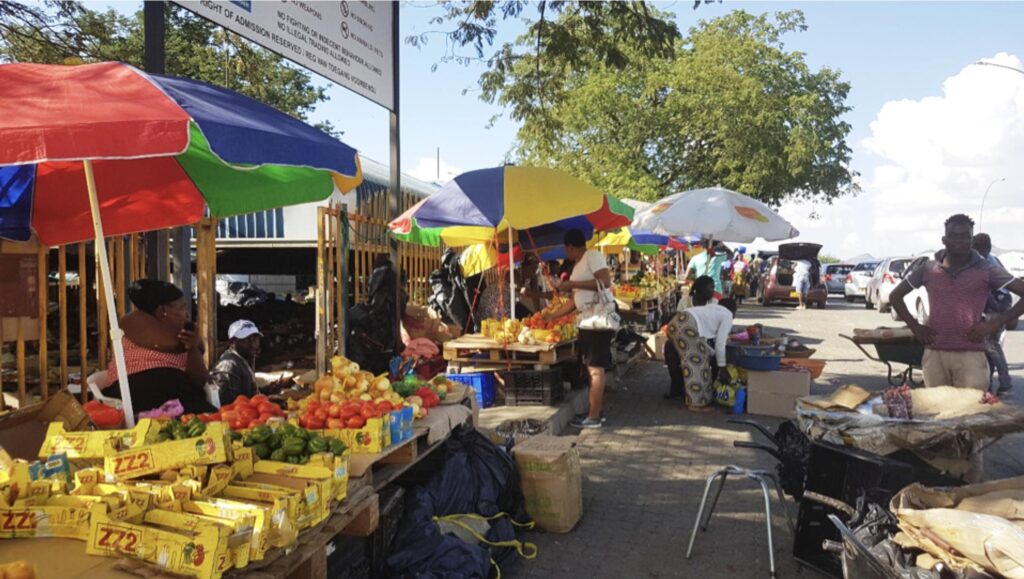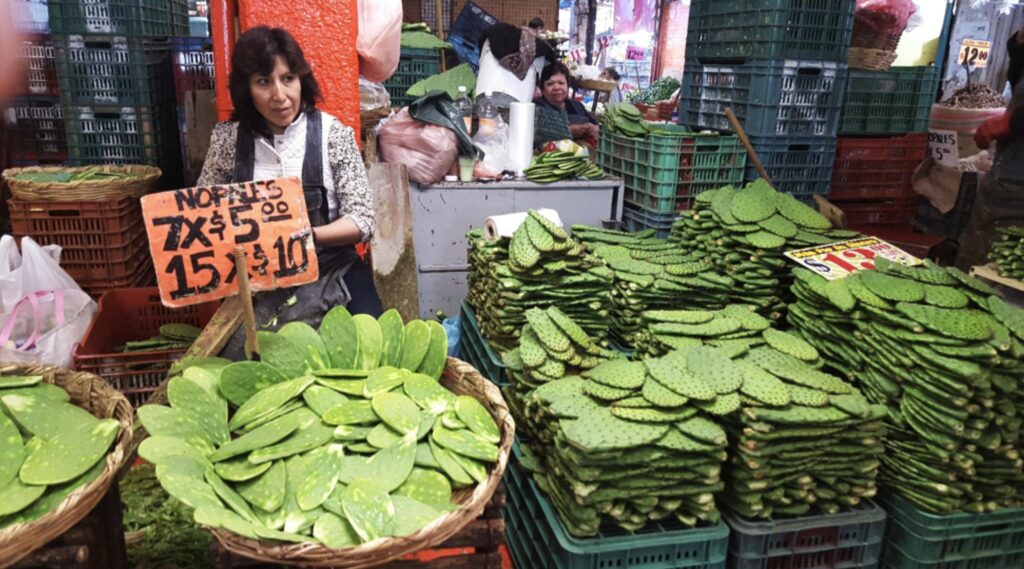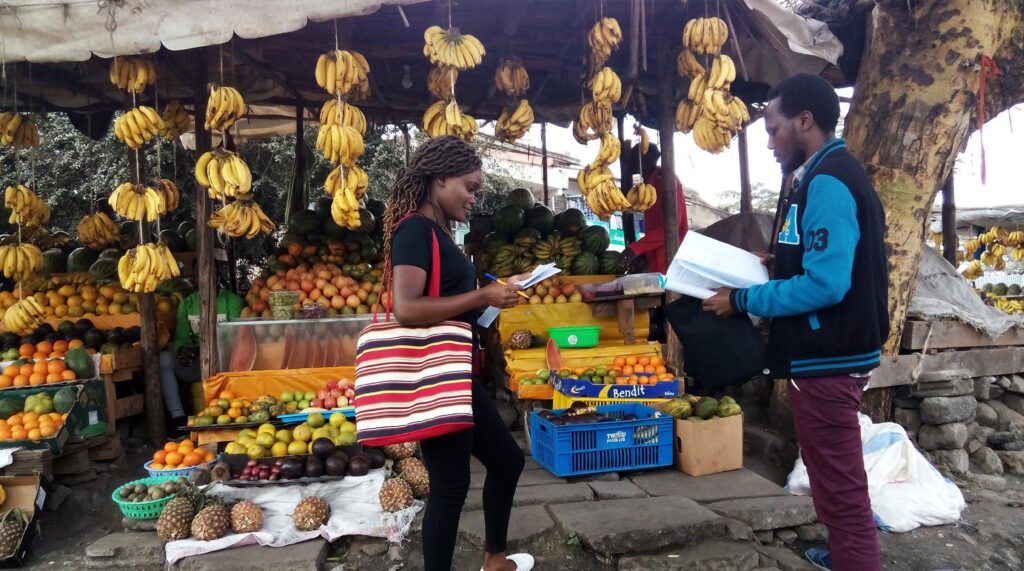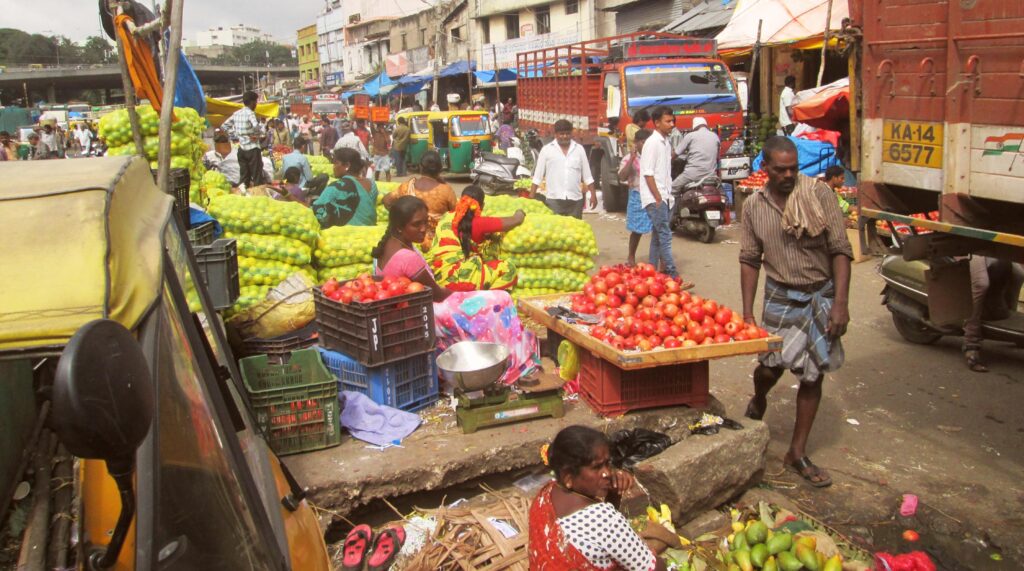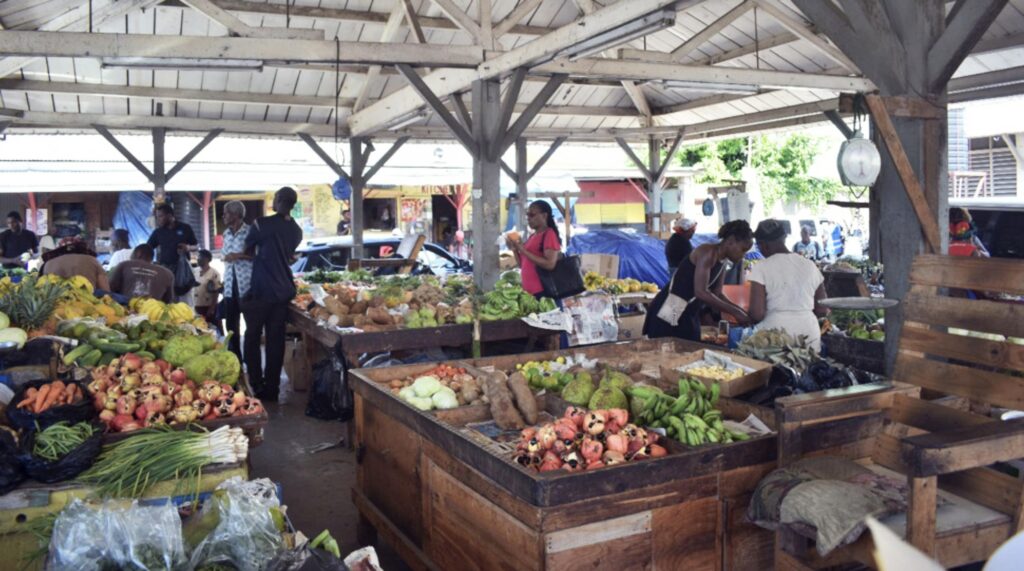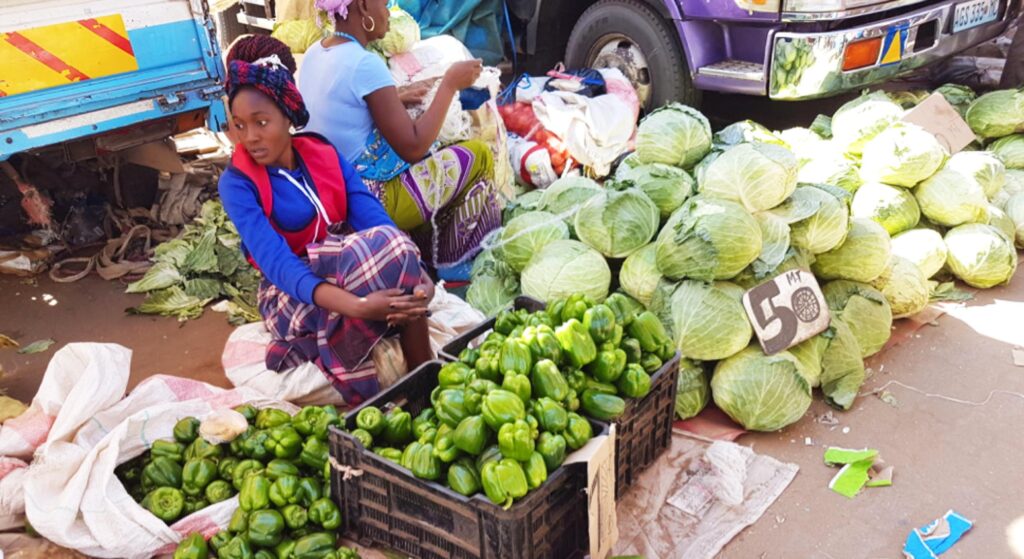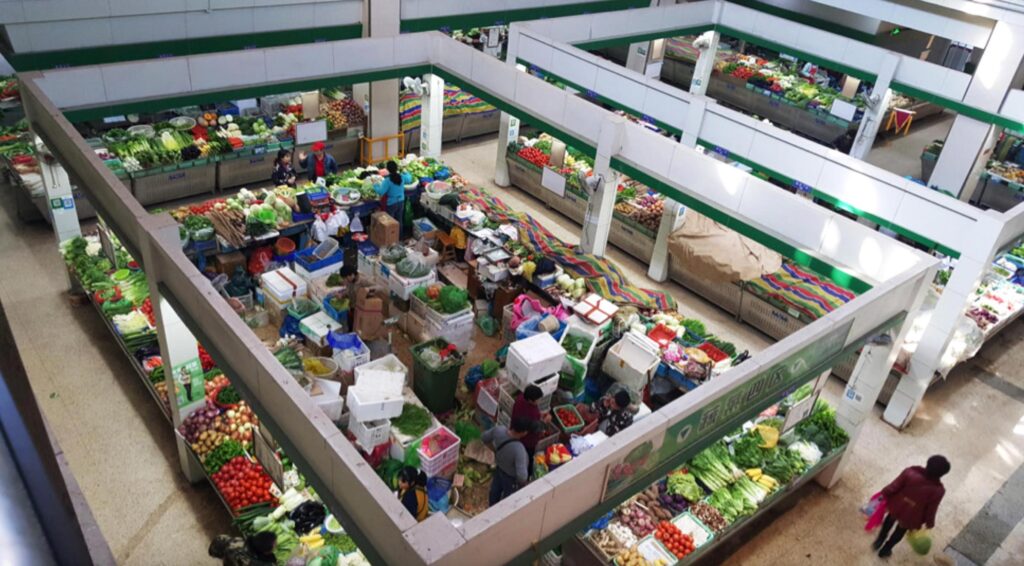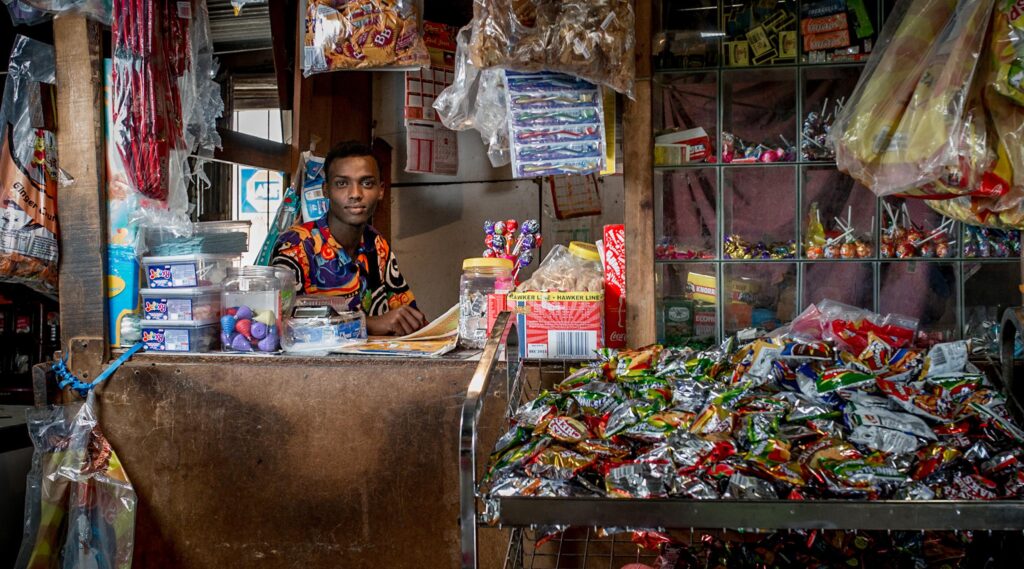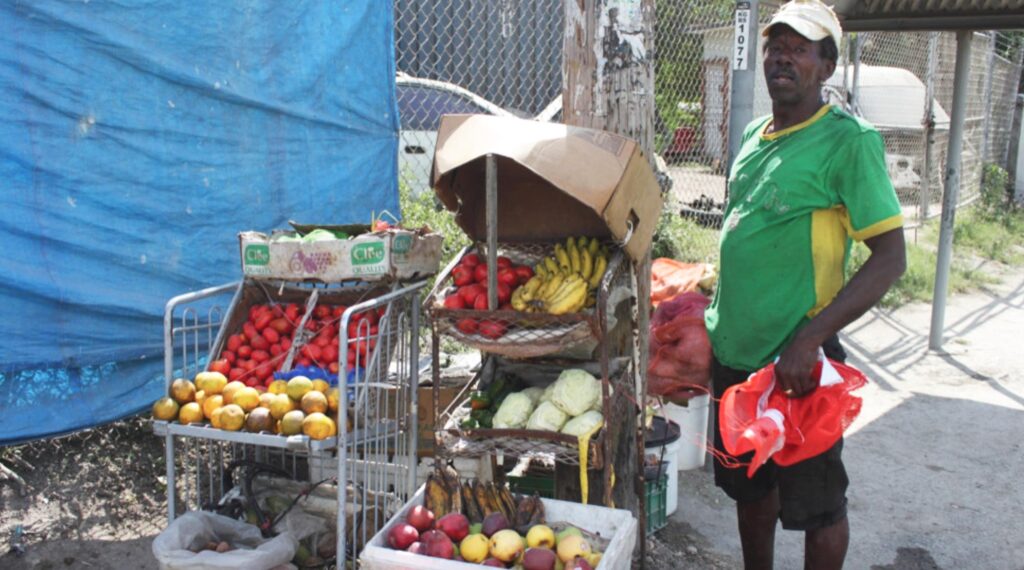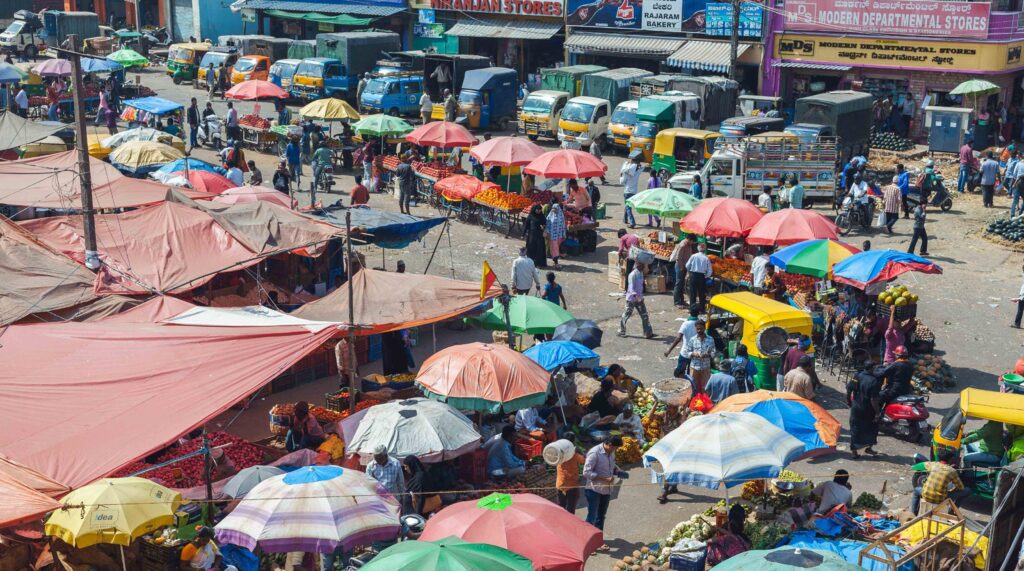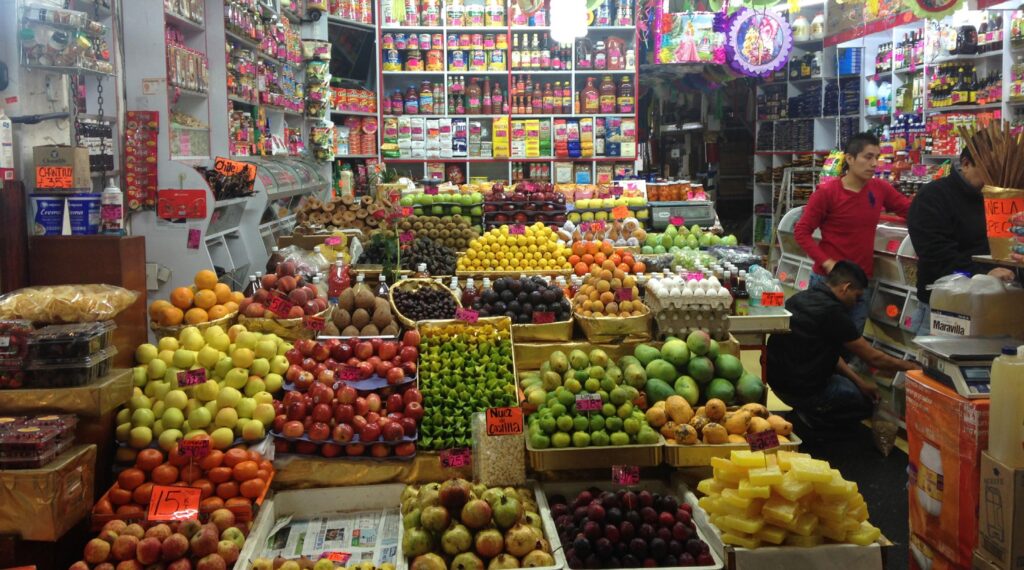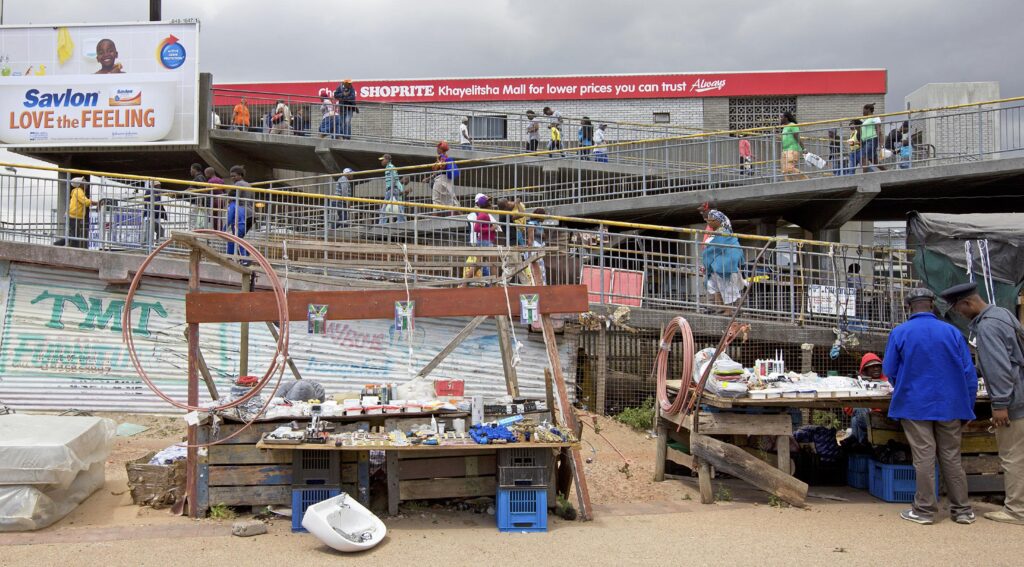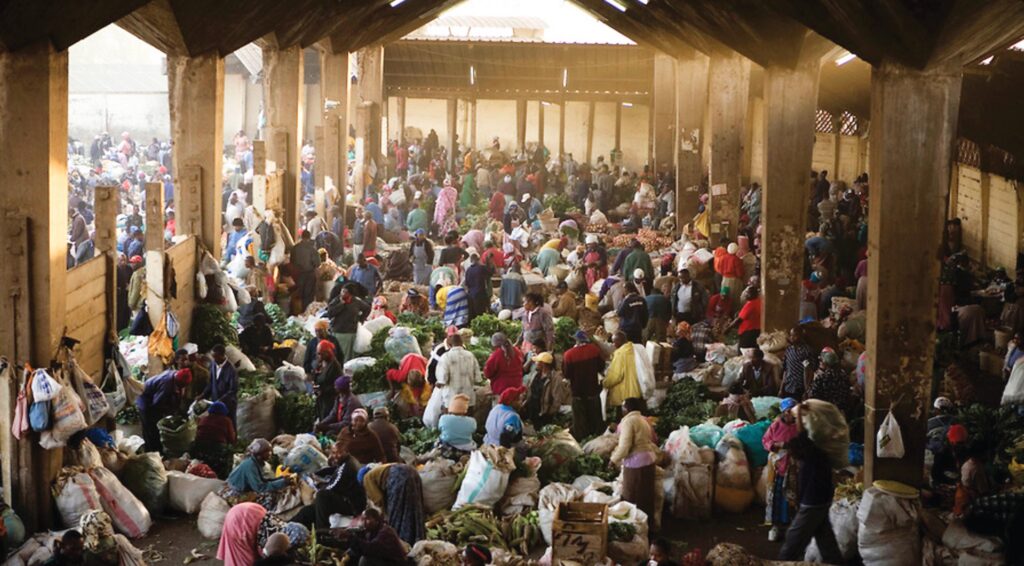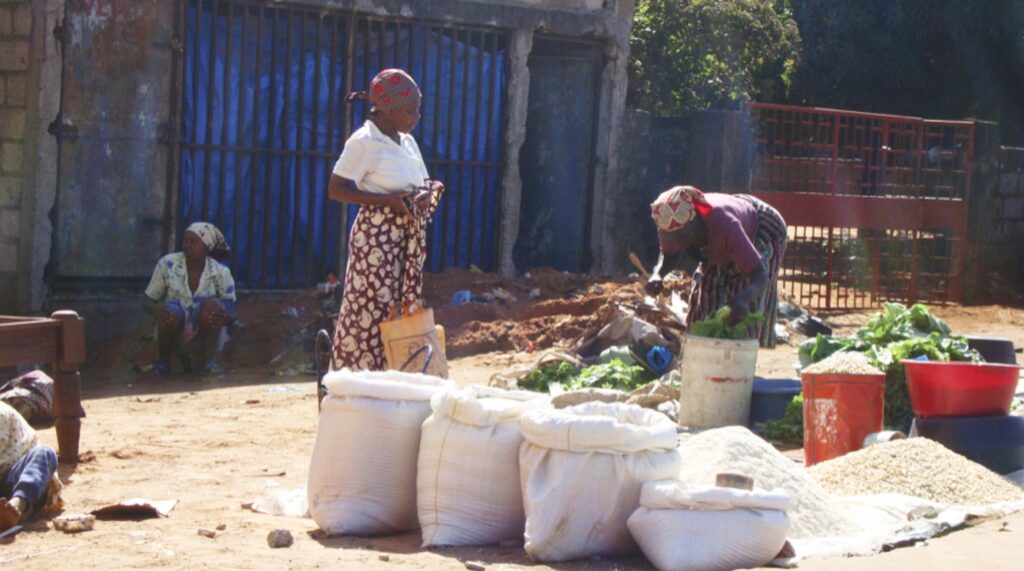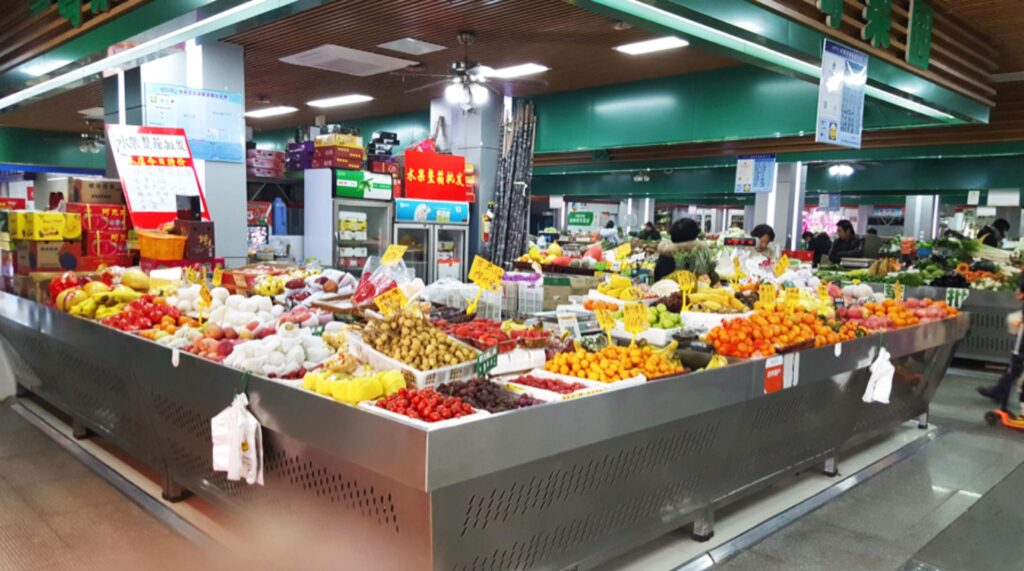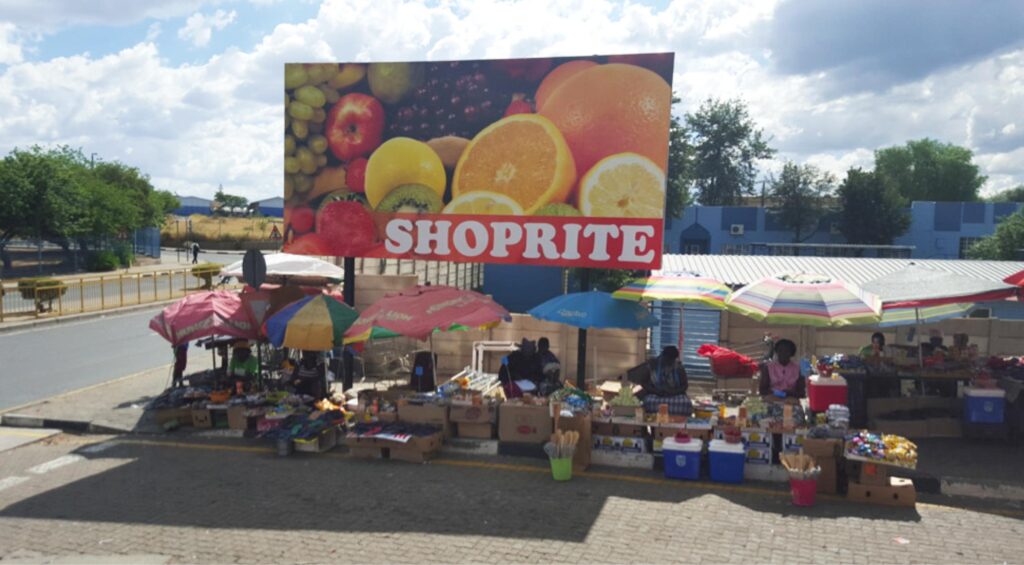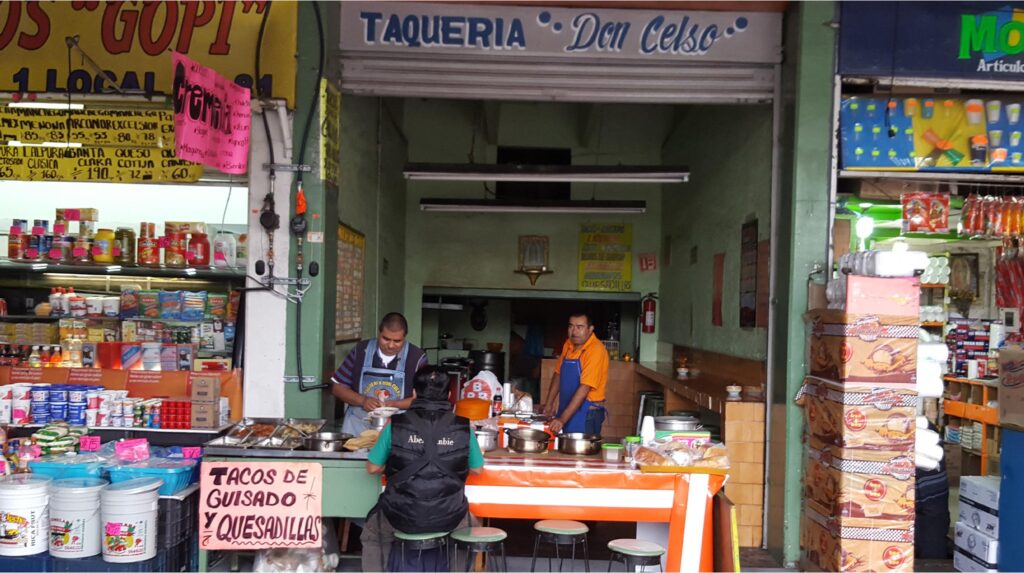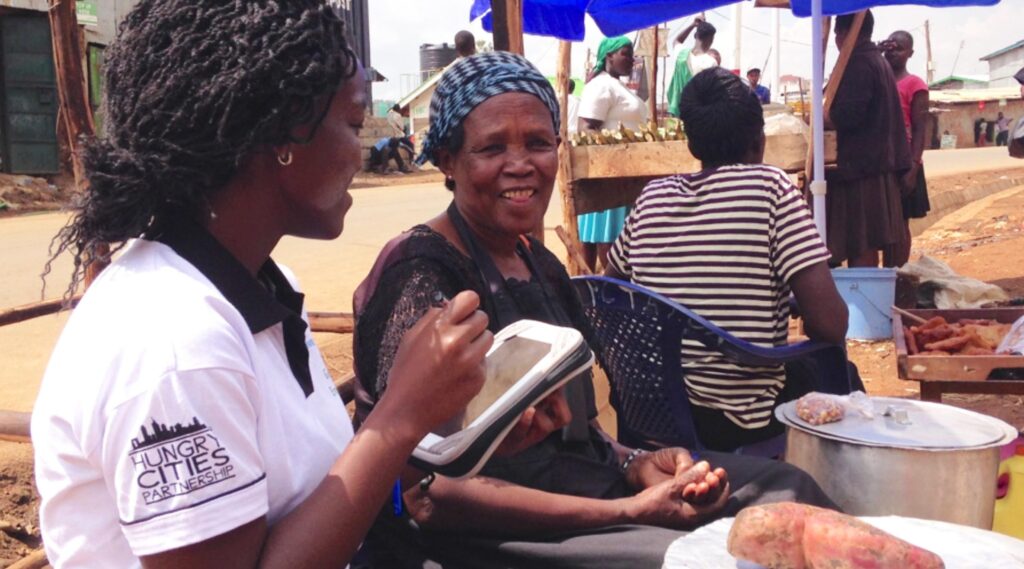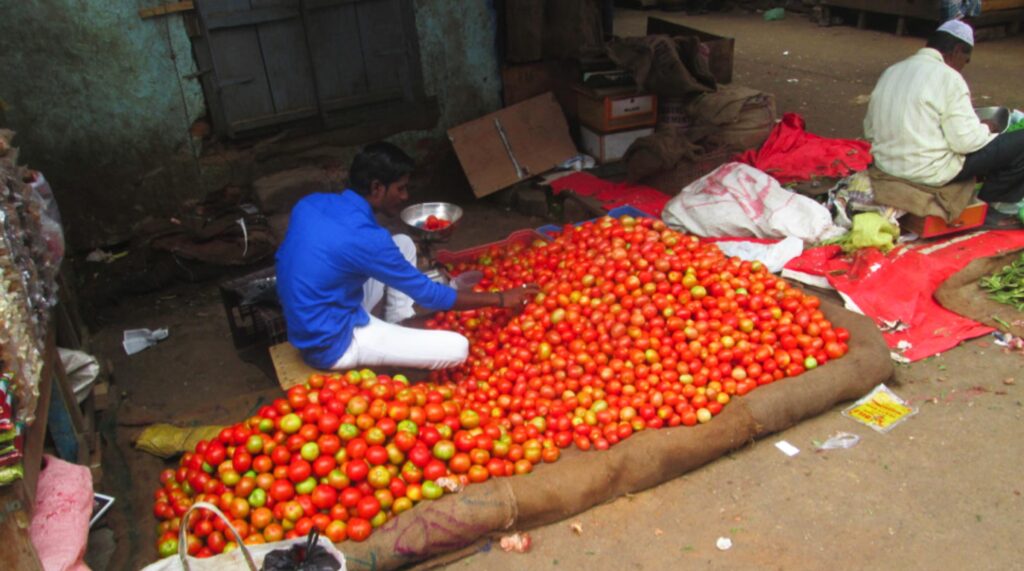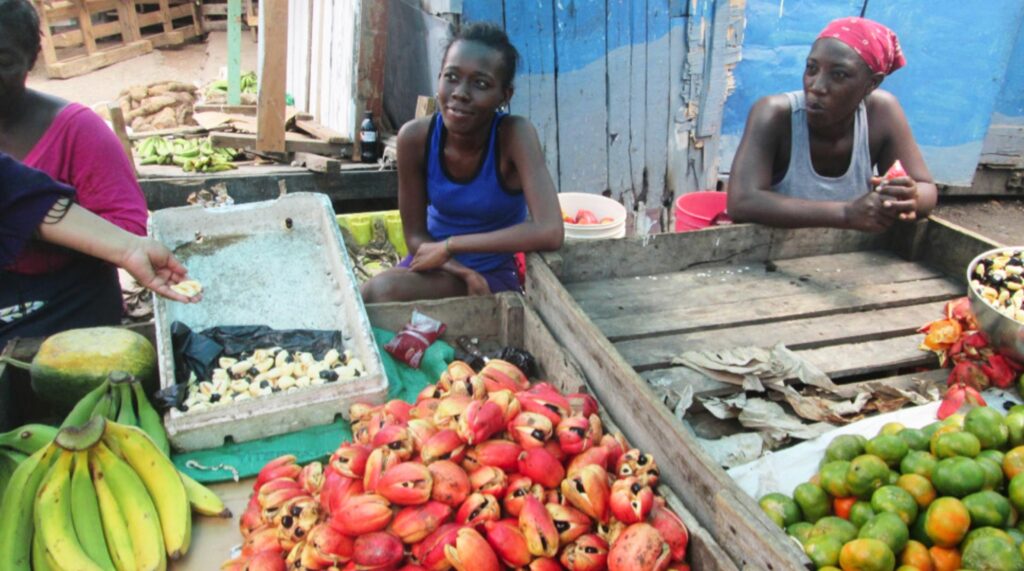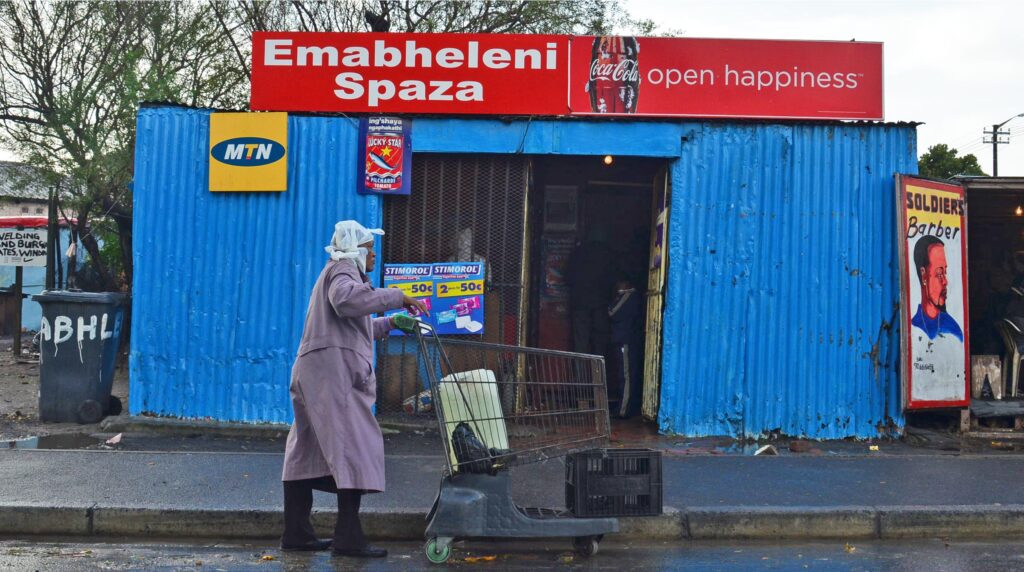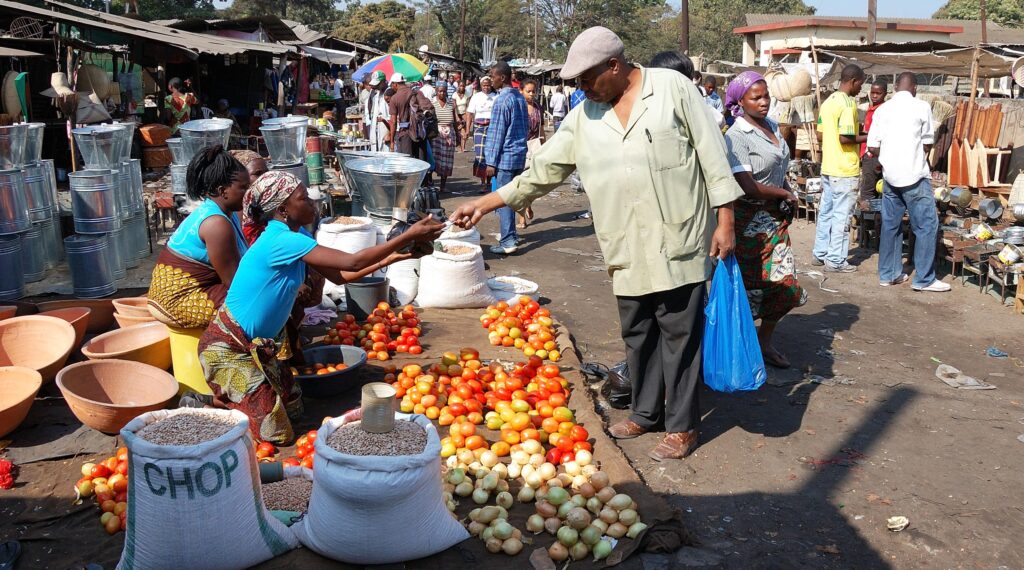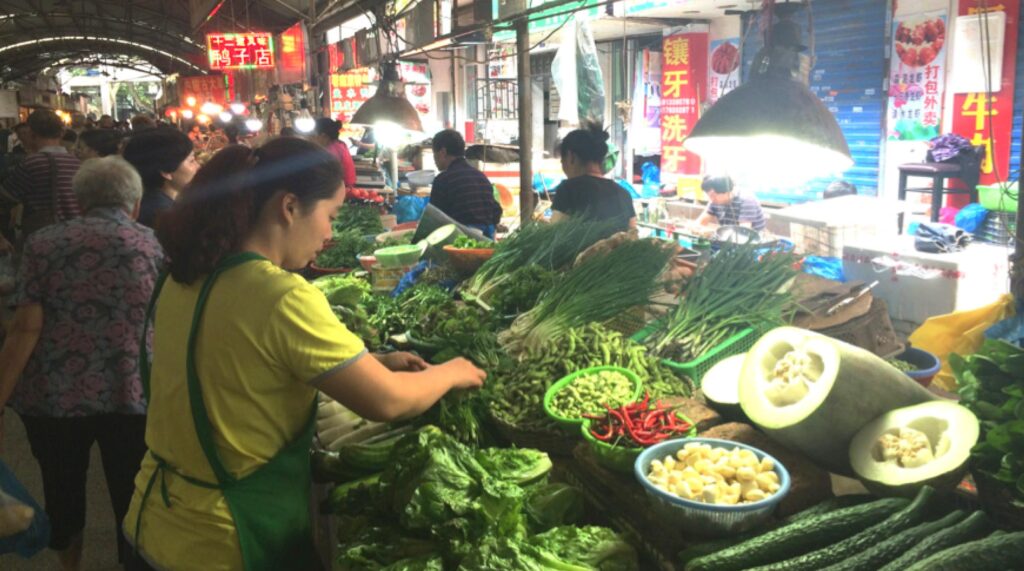HCP REPORTS
Inclusive Growth and the Informal Food Sector in Windhoek, Namibia
This report presents the results of the first comprehensive survey of the informal food sector in the Namibian capital of Windhoek. As such, it aims to shed light on the food system of the country’s largest urban centre. The informal…
Inclusive Growth and Informal Food Vending in Mexico City, Mexico
This report describes and analyzes the food system of Mexico City’s Metropolitan Zone, where small-scale street commerce has experienced huge growth in recent decades. The food retail, distribution, and preparation sectors are a major component of urban informality in the…
Inclusive Growth and Informal Food Vending in Nairobi, Kenya
This report presents and analyzes the findings of a city-wide informal food vendors survey conducted by the Hungry Cities Partnership in Nairobi, Kenya. The survey findings demonstrate that the informal food sector makes food more accessible and affordable in low-income…
Inclusive Growth and the Informal Food Sector in Bangalore, India
The informal food sector is critical to the food security of poor urban households in rapidly growing towns and cities in the Global South. By working in an interdisciplinary context with mixed methodologies and across different cities, the Hungry Cities…
Inclusive Growth and the Informal Food Sector in Kingston, Jamaica
The informal food sector is critical to the food security of poor urban households in most rapidly growing towns and cities in the Global South. In cities including Kingston, Jamaica, the informal food economy comprises a complex network of suppliers,…
Inclusive Growth and Informal Vending in Maputo’s Food Markets
The food markets in Maputo, Mozambique, play an integral role in the functioning of the urban food system and provide an abundant food source for the city’s residents. The Hungry Cities Partnership household food security survey found that over 90%…
Inclusive Growth and Small-Scale Food Vending in Nanjing, China
In cities of the Global South, the informal food economy comprises a dense network of markets, suppliers, transporters, mobile traders, hawkers, retailers, and street food vendors making food more accessible and affordable to consumers. The informal food sector represents an…
Inclusive Growth and the Informal Food Sector in Cape Town, South Africa
The informal food sector – comprising retail, distribution, and preparation of food – is critical to the food security of poor urban households in rapidly growing towns and cities in the Global South. A dense and diverse network of informal…
The State of Household Food Security in Kingston, Jamaica
This report presents the findings of a household food security survey in Kingston, Jamaica, and bases its analysis on emergent patterns related to various food security measures, spatial and temporal dimensions of food access, perceptions of supermarkets, practices of urban…
The State of Household Food Security in Bangalore, India
This is the first large-scale survey of household food security in Bangalore and aims to provide researchers and policy-makers with detailed data and information about food security in Bangalore, as well as insights into the city’s food system. The survey…
The State of Household Food Security in Mexico City, Mexico
About one in every four households in Mexico City are severely food insecure, while another quarter are mildly or moderately food insecure. Overall, food insecurity in Mexico’s capital is not a problem of food scarcity or shortage but rather of…
The State of Household Food Security in Cape Town, South Africa
This is the first city-wide representative household food security survey of Cape Town and contributes significantly to the growing body of evidence about the food system of the city. This enquiry into the food system has laid bare the deep…
The State of Household Food Security in Nairobi, Kenya
This report presents the results of a city-wide household food security survey of 1,434 Nairobi households, conducted by the Hungry Cities Partnership and the University of Nairobi. Among the key findings was that 70% of households in Kenya’s capital experience…
The State of Household Food Security in Maputo, Mozambique
The Hungry Cities Partnership aims to promote inclusive growth in urban food systems in Maputo and other cities of the Global South. The production of new empirical knowledge about the levels of household food security and the various facets of…
The State of Household Food Security in Nanjing, China
This report on the state of food security in Nanjing, China, is based on a 2015 city-wide survey conducted by Nanjing University and the Hungry Cities Partnership. The research found that most of the city’s residents are food secure, with…
The Urban Food System of Windhoek, Namibia
The surprisingly high rate of supermarket patronage in low-income areas of Windhoek, Namibia’s capital and largest city, is at odds with conventional wisdom that supermarkets in African cities are primarily patronized by middle and high-income residents and therefore target their…
The Urban Food System of Mexico City, Mexico
This report provides an overview of Greater Mexico City and its food system. The city’s history, demographic characteristics, geography and economy are first discussed. The city’s urban food system and urban food security are then examined with a particular focus…
The Urban Food System of Nairobi, Kenya
Nairobi is a city of stark contrasts. Nearly half a million of its three million residents live in abject poverty in some of Africa’s largest slums, yet the Kenyan capital is also an international and regional hub. In East Africa,…
The Urban Food System of Bangalore, India
Bangalore (officially Bangaluru) is one of India’s fastest-growing cities. It is now the fifth-largest urban agglomeration in India, and the capital and primate city of the state of Karnataka in terms of area, population and economic output. With no natural…
The Urban Food System of Kingston, Jamaica
Kingston is a colonial city and, like the country of Jamaica more generally, was the product of early mercantilism moulded by colonialism, sugar plantations and slavery. As Jamaica’s capital, Kingston is an economic and administrative hub with a social geography…
The Urban Food System of Cape Town, South Africa
Cape Town is South Africa’s second largest city and plays a critical role in the national economy. Despite its apparent wealth, Cape Town is very unequal in terms of food security with many areas experiencing high levels of food insecurity….
The Urban Food System of Maputo, Mozambique
The city of Maputo, with a population of around 1.3 million, has been at the forefront of urbanization in Mozambique. While the Southern African country has posted impressive macro-economic growth rates in the last two decades, there has been only…
The Urban Food System of Nanjing, China
With a population of 8.2 million people, Nanjing is the 14th largest city in China. China became a predominantly urban nation in 2011, when its urban population surpassed its rural population for the first time. The declining farming population and…

